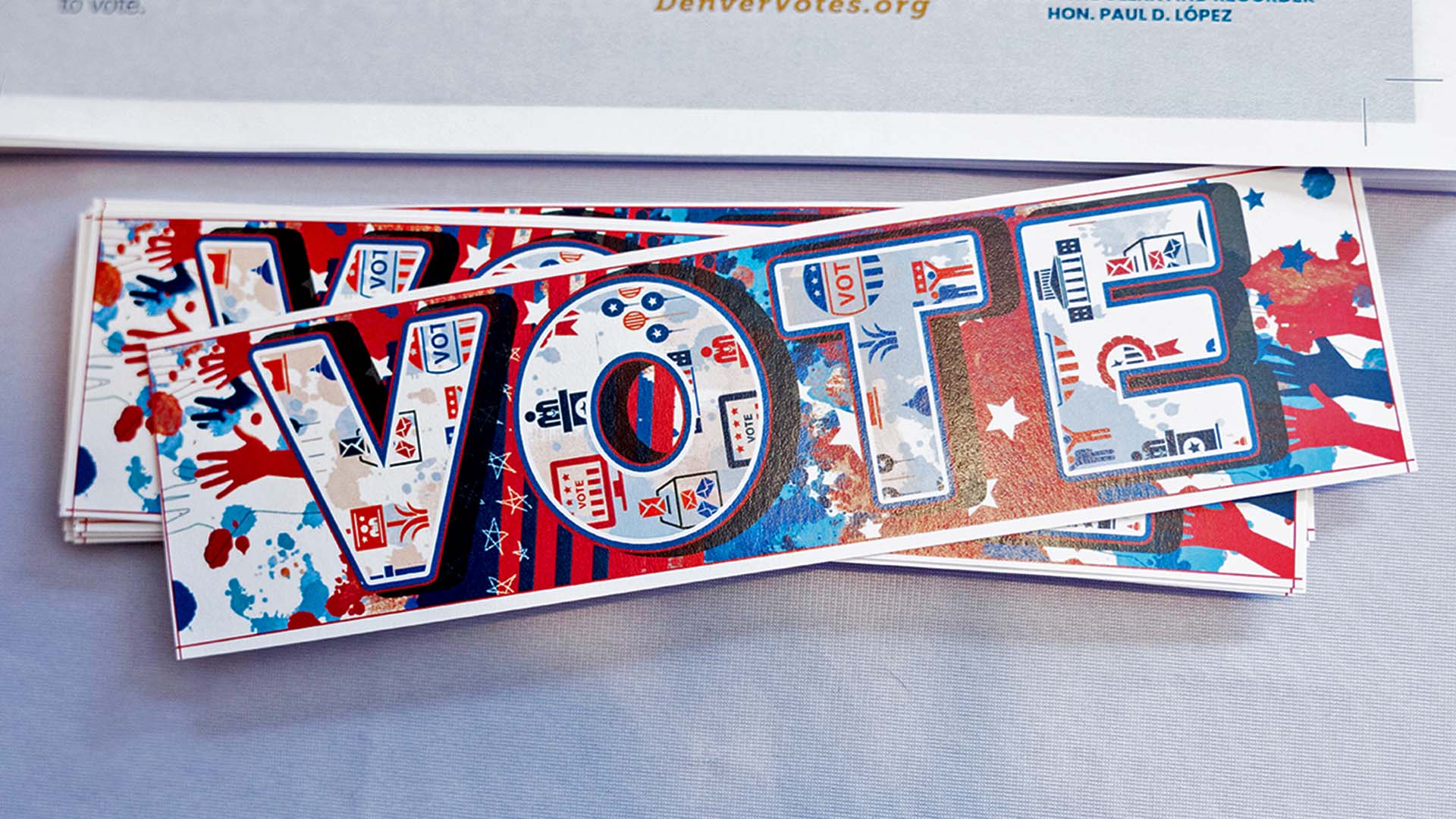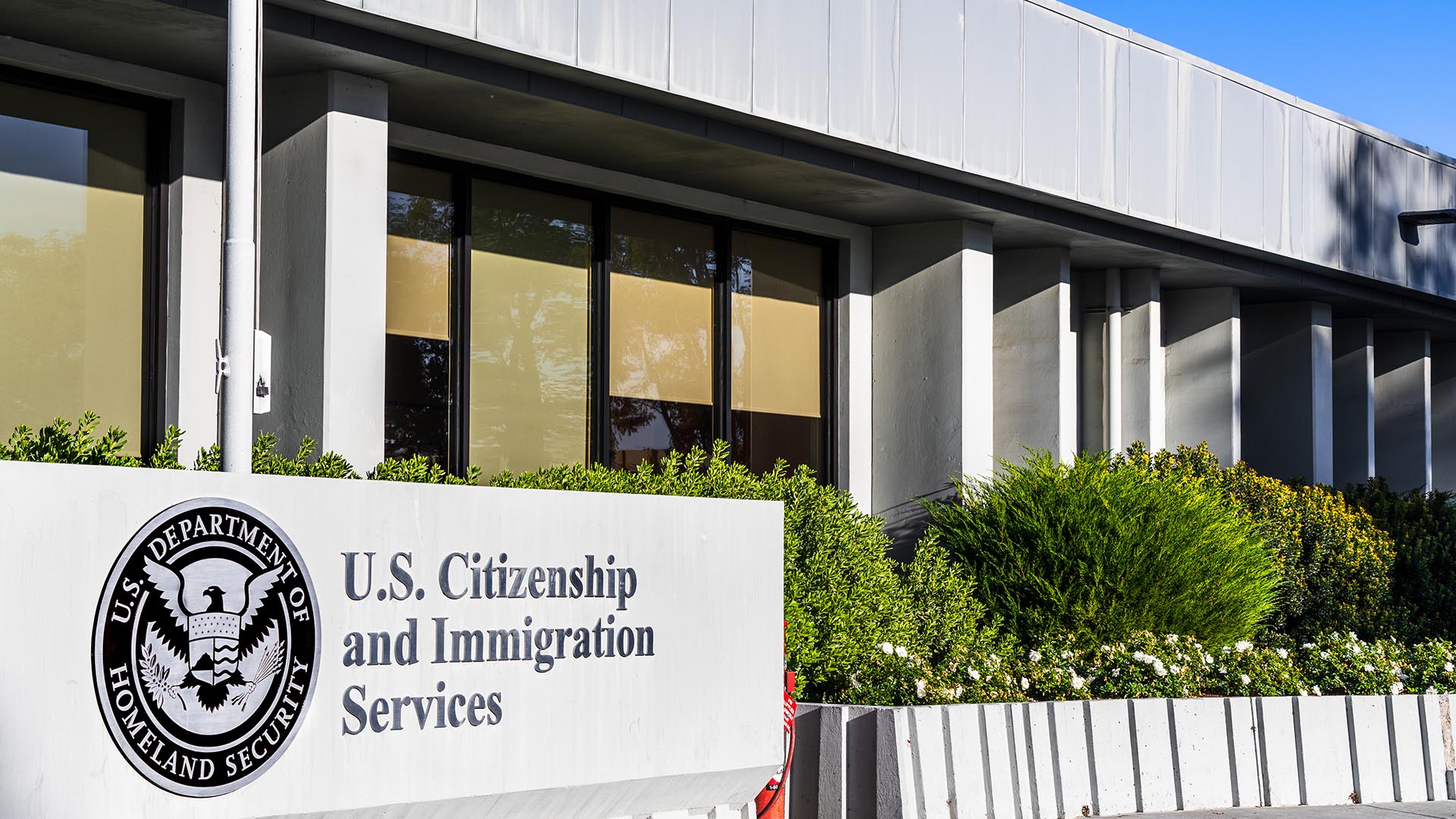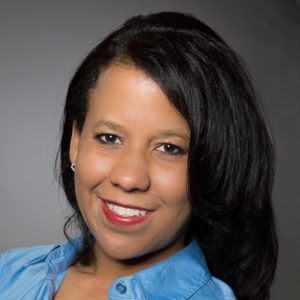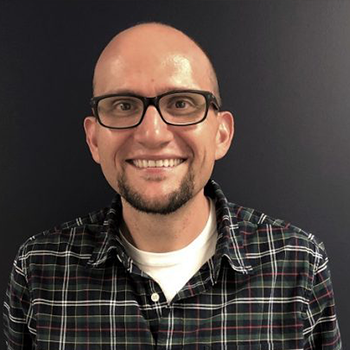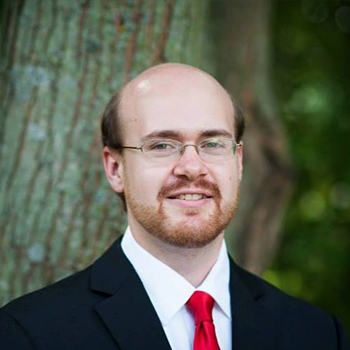Use your words: how to disagree constructively on a college campus
Bipartisan leaders and dialogue experts discuss freedom of speech and democracy.
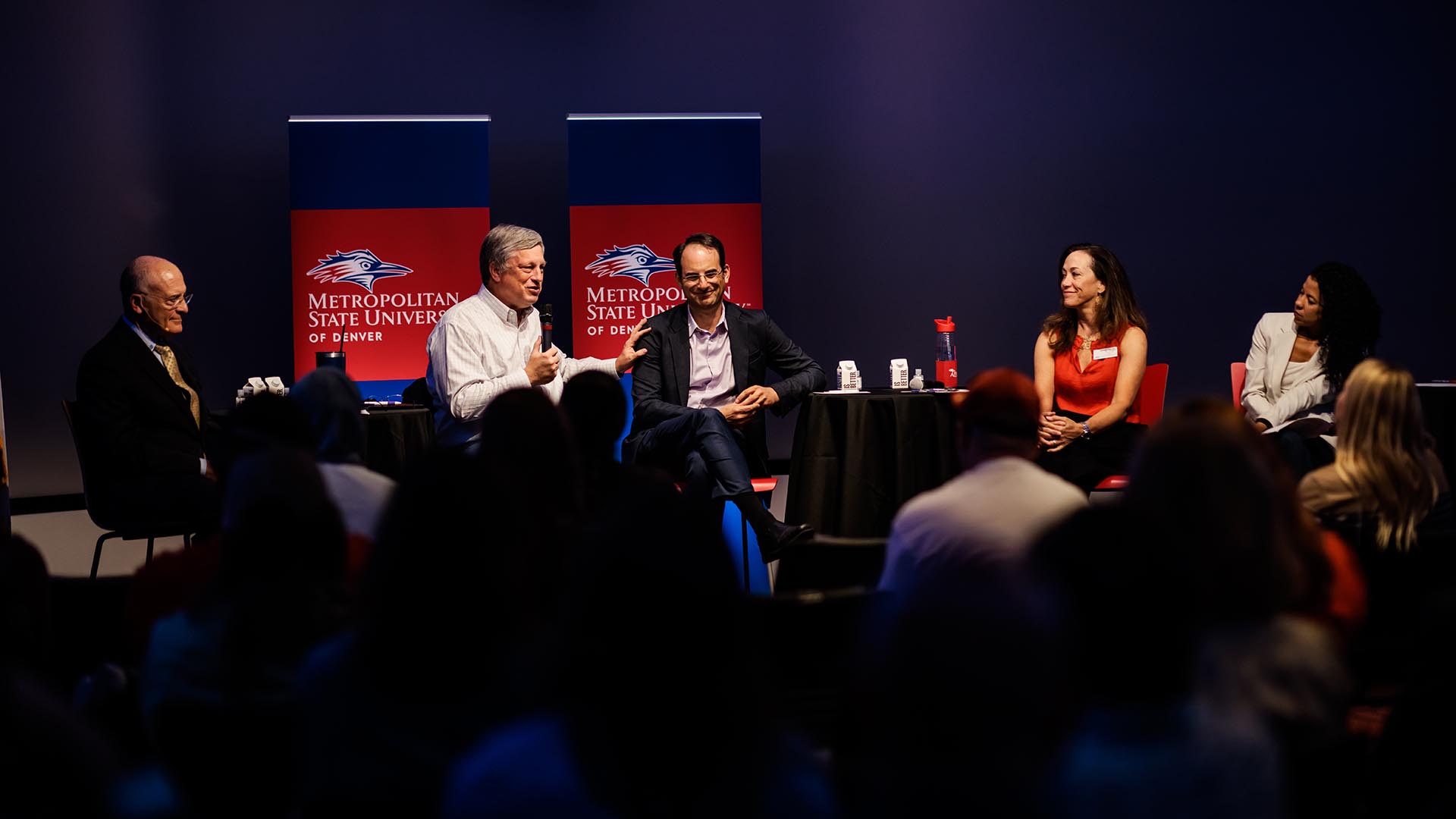
This story appears in the winter 2022 issue of RED Magazine.
Against a landscape of 24/7 news chyrons and the weaponization of political grievance, the rhetoric heading into this midterm election cycle has never seemed hotter. Which is why cooler heads at Metropolitan State University of Denver are reaffirming a commitment to freedom of speech, expression and inquiry, with MSU Denver’s free-speech statement playing a central role in fostering respectful engagement.
Healthy dialogue with one another might just help us water the roots of a parched democracy, said MSU Denver President Janine Davidson, Ph.D.
“Shutting down people’s ideas and speech is not OK,” Davidson said in a panel discussion Thursday. “The alternative is to bring your A-game and respectfully engage maybe even with a little bit of humor. We’re an educational institution — that’s what we’re supposed to do.”
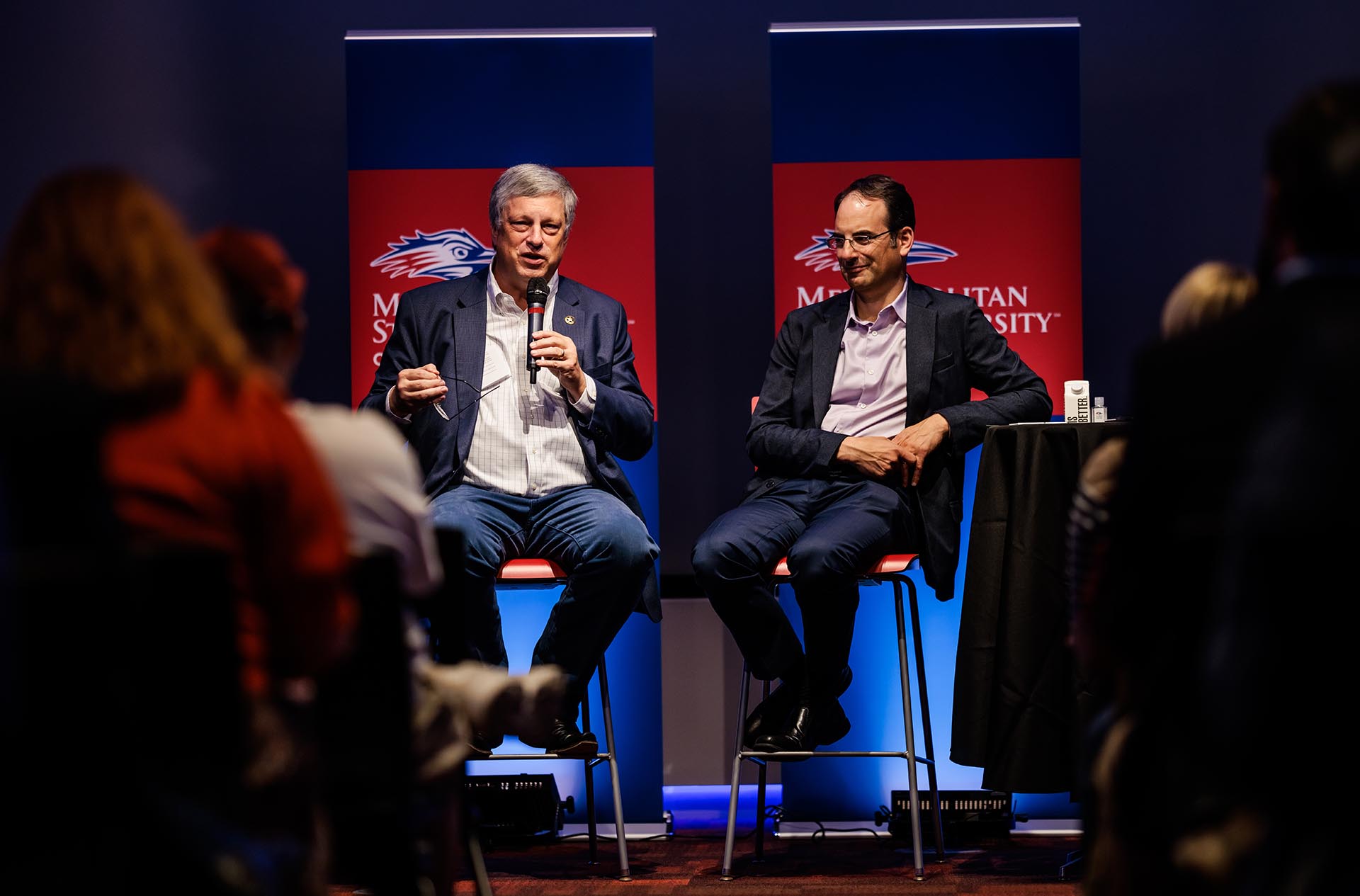
Davidson joined Colorado Attorney General Phil Weiser, a Democrat; former Colorado Secretary of State Wayne Williams, a Republican; Katia Campbell, Ph.D., professor and chair of Communication Studies; and MSU Denver General Counsel David Fine in a conversation titled “Free Speech and the Art of Democracy.”
The discussion began with a fundamental question: Is the ability to speak freely — a foundation of a healthy democracy — still relevant in these polarized times?
To help answer this, the University worked with the Bipartisan Policy Center, a Washington, D.C.-based think tank founded in 2007, to study more than 20 contemporary free-speech statements. Examples from the University of Richmond, Tufts University and the University of Denver served as a foundational basis for the development of MSU Denver’s free-speech statement, Fine said. The final statement was specifically crafted to acknowledge MSU Denver’s diverse community.
“On one hand, free expression and getting to the truth (are) critically important at a university,” he said. “Yet we also recognize that if someone is attacked by speech or otherwise, that’s contrary to our values and we should stand up on behalf of that person.”
RELATED: Deepening divide
The panel spoke broadly on philosophical constructs, including John Stuart Mills’ defense of the marketplace of ideas and the lack of a monopolization of truth; the impact of identity and demonizing “others”; and unlikely historical friendships among rivals, such as federalist James Madison and anti-federalist James Monroe (both Jeffersonian proteges), and late Supreme Court Justices Ruth Bader Ginsberg and Antonin Scalia, whose famed odd-coupling led to a comic opera.
Weiser noted how the latter pairing inspired his launch of the Ginsberg/Scalia Initiative last year to help rebuild foundational democratic institutions through interpersonal dialogue. Similarly, he and Williams took part in Unify Colorado, a nonpartisan initiative that paired citizens with diverging views on big issues for conversation.
“Folks are so polarized, the very concept of working with someone you disagree with is not just foreign but wrong,” Williams added. “It’s our essence that we as civic leaders have to work with each other even when we disagree.”
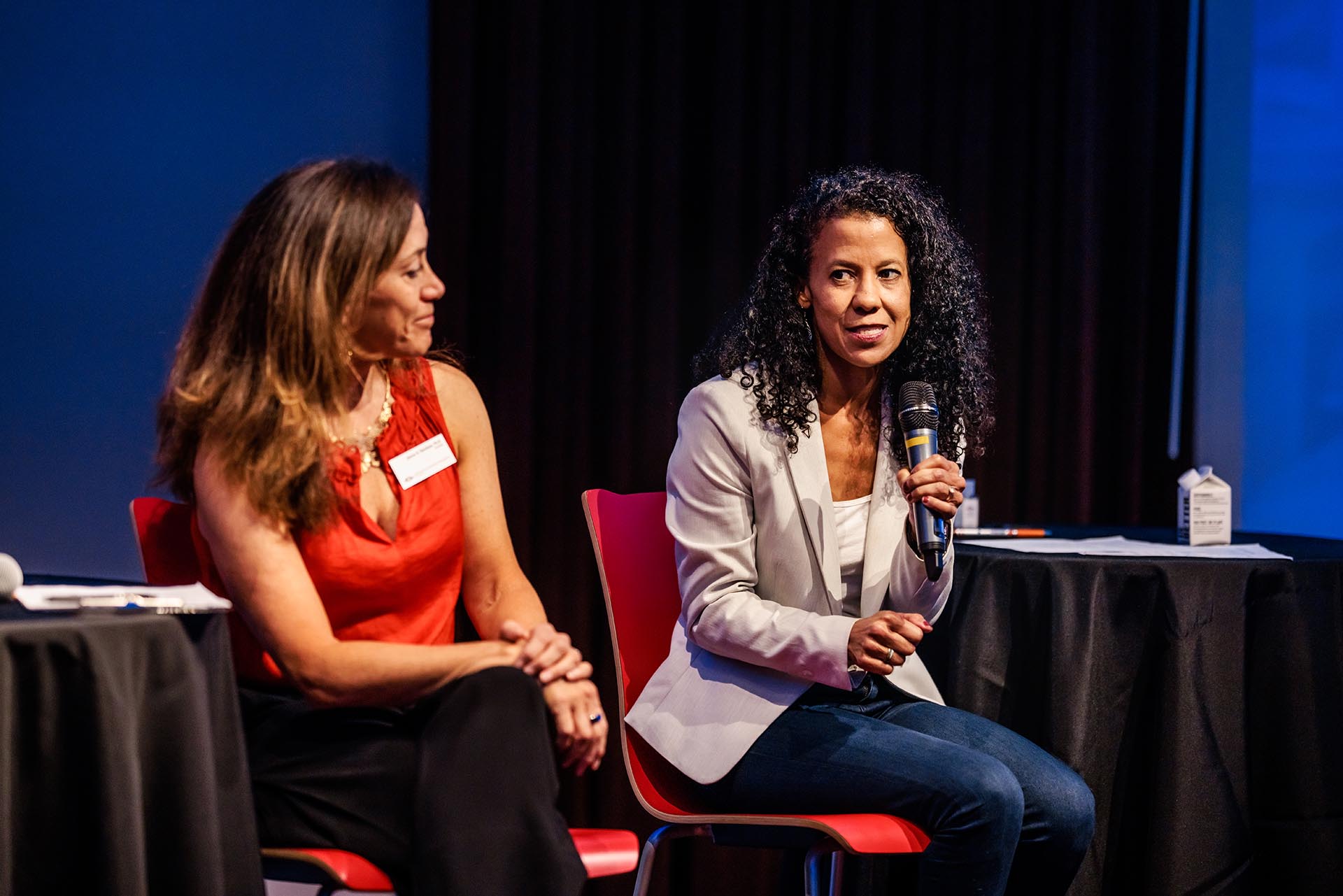
Campbell, who has been instrumental in MSU Denver’s Dialogues Program, including the Summer 2020 series on race in response to George Floyd’s murder by police, noted the importance of seeing one another’s humanity and understanding that freedom of speech comes with accountability.
“We need to elevate public reason and rationality,” she said. “Not all opinions are equally valid, but they should be equally heard.”
RELATED: Learners connect with leaders
Weiser echoed the importance of being heard to having a functional representative democracy, something for which he credited the Colorado General Assembly as being better at than its national counterparts.
Davidson said MSU Denver’s leadership in the economy of thought will be a national model for divorcing the personal from the political, emphasizing how to attack ideas instead of individuals.
History, she noted, has shown us the consequences otherwise.
“Americans think that bad things can’t happen here, but they can and they have,” Davidson said. “We’ve had one of the bloodiest civil wars ever, along with a massive civil-rights conflict in this country. We still have a lot of conflict and have to dial that back.”
On campus, that includes inviting in, not canceling out, encouraging conversations in and outside classrooms and modeling critical inquiry from an assumption of good intention and shared commitment to humanity.
It undoubtedly won’t be easy. But as the panel evidenced, many are betting on places such as the Auraria Campus to cultivate a body politic with the strongest constitution.
“It’s a never-ending educational process,” Fine said. “Just like democracy.”

